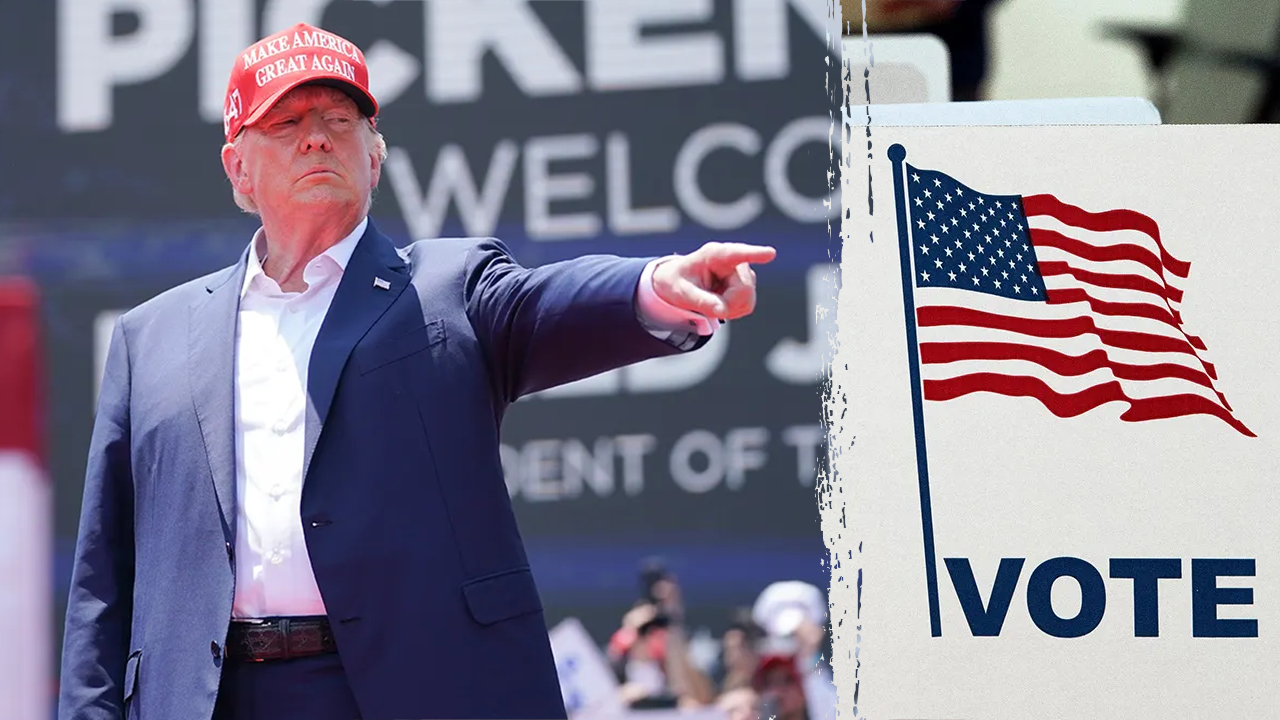Dems fight bill to stop illegal immigrant voting despite polls showing voter support

On Thursday, the House passed the Safeguarding American Voter Eligibility (SAVE) Act with a narrow margin of 220-208, despite 208 Democrats voting against the President Donald Trump-backed measure. The bill, introduced by Rep. Chip Roy, R-Texas, aims to crack down on noncitizen voting by requiring voters to obtain proof of citizenship in person before registering for a federal election and removing noncitizens from voter rolls.
The SAVE Act now heads to the Senate, where it will need bipartisan support to meet the 60-vote threshold for advancement. Polling indicates that there is bipartisan support for voter ID requirements, with a Gallup Poll showing that 84% of respondents favor requiring a photo ID to vote and 83% support requiring proof of citizenship when registering to vote for the first time.
House Majority Whip Tom Emmer, R-Minn., praised the passage of the SAVE Act, stating that it is crucial to ensure that only American citizens are voting in American elections, especially after years of mass illegal immigration facilitated by the Biden administration. However, Democrats have rejected the bill, with Rep. Suzanne Bonamici, D-Ore., arguing that noncitizens attempting to register to vote is rare and that they face severe consequences if caught.
Despite the opposition from Democrats, Republicans maintain that the SAVE Act is necessary to restore faith in the electoral process and protect election integrity. Rep. Joe Morelle, D-N.Y., criticized the bill as “extremist” and anti-voter, claiming that there is no evidence that noncitizen voting has affected any federal election outcomes.
The bill faced a procedural hurdle known as a “rule vote” on Wednesday, which it passed with a simple majority of House lawmakers. It was first introduced under former President Joe Biden’s administration but failed to pass through the Senate. Rep. Roy reintroduced the bill in January, believing it had a greater chance of passing under a Republican-controlled House, Senate, and White House.
The SAVE Act gained traction during the 2024 presidential election, with the Republican National Committee leading voter integrity efforts in battleground states. Former President Trump has long supported the legislation and held a press conference at Mar-a-Lago last summer affirming Republican backing for the bill.
Voter registration laws vary by state, with 36 states requesting or requiring identification to vote. The SAVE Act would federalize the issue, mandating proof of citizenship to vote and removing noncitizens from voter rolls. Despite efforts by the Biden administration to block similar initiatives, the Supreme Court upheld Virginia’s removal of noncitizens from the state’s voter rolls.
In conclusion, the passage of the SAVE Act in the House marks a significant step towards ensuring the integrity of American elections. The bill’s fate now rests in the hands of the Senate, where bipartisan support will be crucial for its advancement. If signed into law by President Trump, the SAVE Act could have far-reaching implications for voter eligibility and election security in the United States.




